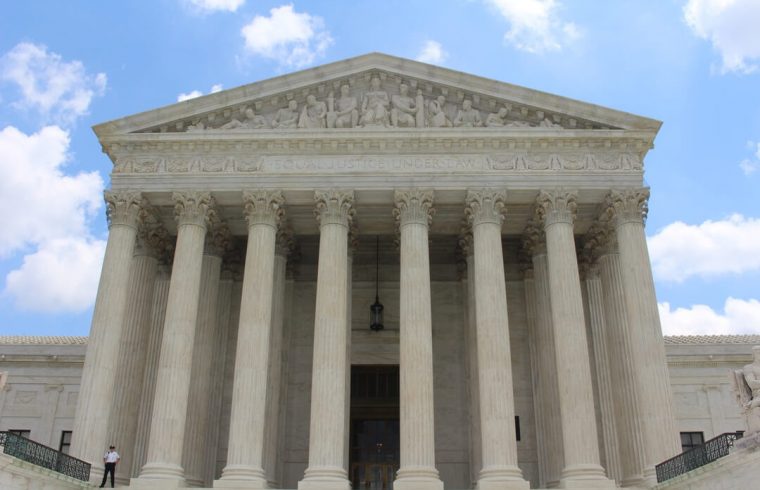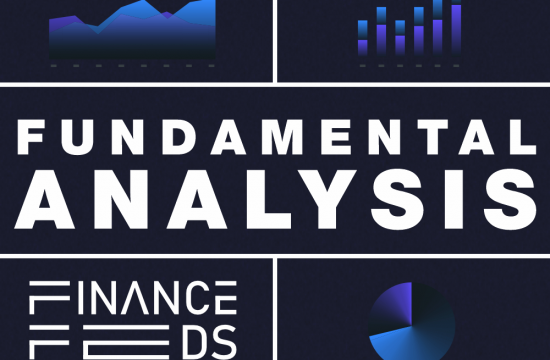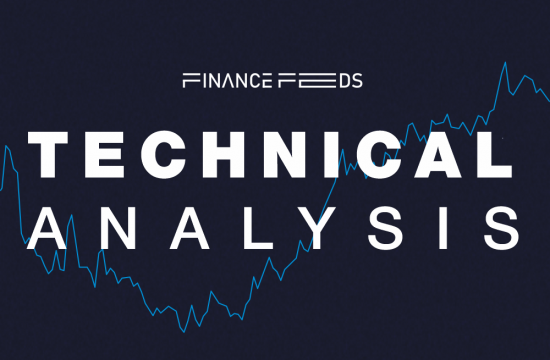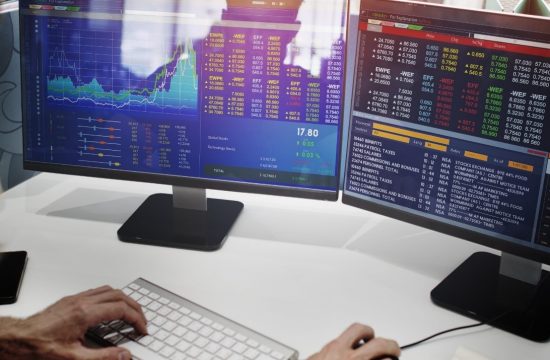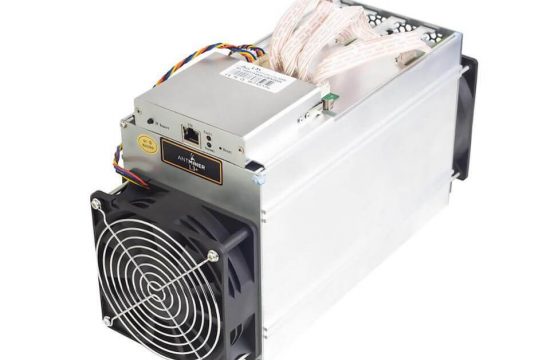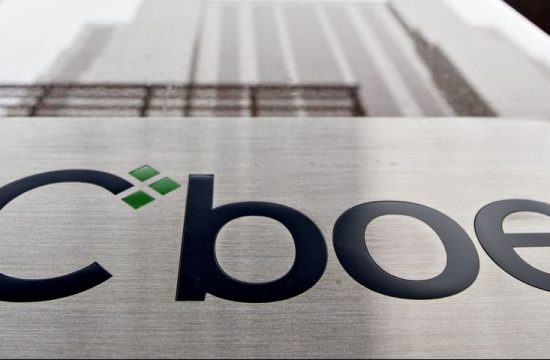Despite the demands, Ripple execs admitted the SEC wants a trial by jury.
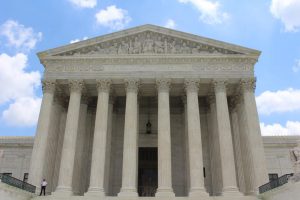
The much-awaited Individual Defendants’ Answers have been filed, thus fixing the deadline for the SEC’s position on additional discovery to April 15, 2022, and the deadline for the Joint Proposed Scheduling Order to April 22, 2022.
Both the Brad Garlinghouse response and the Chris Larsen answers mostly deny the SEC’s allegations or state the defendants lack sufficient knowledge to either admit or deny the allegations.
The documents also expresses what the individual defendants want from the court as to put an end to the SEC v. Ripple lawsuit.
Pressure on the SEC has mounted tenfold since yesterday’s revelations that the agency was aware of Bill Hinman’s “full financial conflict of interest” with his old firm and that he disregarded internal advice in order to meet people at Simpson Thacher or clients several times.
Garlinghouse’s list of 440 answers and Larsen’s thread of 442 answers end with a similar statement:
“Plaintiff’s prayer for relief and judgment (including Sections I through V) does not require a response, but to the extent any response is necessary, Mr. Larsen [Garlinghouse] denies that Plaintiff is entitled to the requested relief and judgment or to any relief whatsoever, and therefore requests that the Court:
1. Dismiss the action with prejudice;
2. Enter judgment in favor of the Defendants against Plaintiff with respect to all causes of action in the Complaint;
3. Award Mr. Larsen his attorneys’ fees and all other costs reasonably incurred in defense of this action; and
4. Award Mr. Larsen any other relief as the Court may deem just and proper.
Additionally, the individual defendants said admitted that the SEC “demands a trial by jury”. Such a trial would lead to further delays in a case that was filed a year and a half ago and is holding back one of the most prominent blockchain companies in the world as well as one of the leading digital assets by market capitalization.
The overall answers seem to be consistent with Ripple’s and the individual defendants’ claims since the beginning, that transactions in XRP do not constitute securities, as they are not “investment contracts” under the Supreme Court’s decision in SEC v. W.J. Howey Co., 328 U.S. 293 (1946).
The defendants reiterated the utility argument, that XRP (and the XRP Ledger) has utility separate and apart from any value it may hold as an investment.
They also reaffirmed that Ripple has never offered or sold XRP as an investment in Ripple; that Ripple never sold XRP in an Initial Coin Offering; and that XRP holders do not acquire any claim to the assets of Ripple, hold any ownership interest in Ripple, or have any entitlement to share in Ripple’s future profits.
In the answers, they took the opportunity to remind the SEC and the court that seven years ago, the DoJ and FinCEN determined that XRP is lawfully used and traded in the marketplace as a virtual currency due to its functions as a store of value, a medium of exchange and a unit of account—not a share in Ripple’s profits.
The SEC and the court were also reminded that securities regulators in the United Kingdom, Japan, and Singapore have likewise concluded that XRP is a virtual currency not subject to securities regulation. As the U.K. Treasury stated recently, “widely known cryptoassets such as Bitcoin, Ether and XRP” are not securities, but “[e]xchange tokens” that “are primarily used as a means of exchange”.
In the meantime, the court is expected to rule on the SEC’s Motion for Partial Reconsideration, the Defendants’ Motion to Strike the Supplemental Expert Report, the Defendants’ Motion to Compel Turnover of the Estabrook notes, and the decision on the SEC’s proposed redactions.


